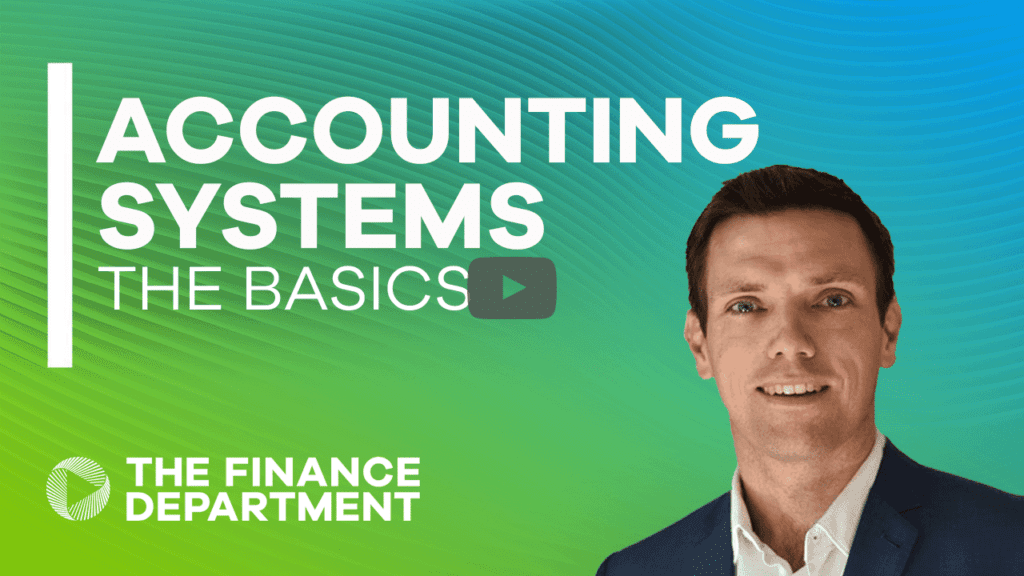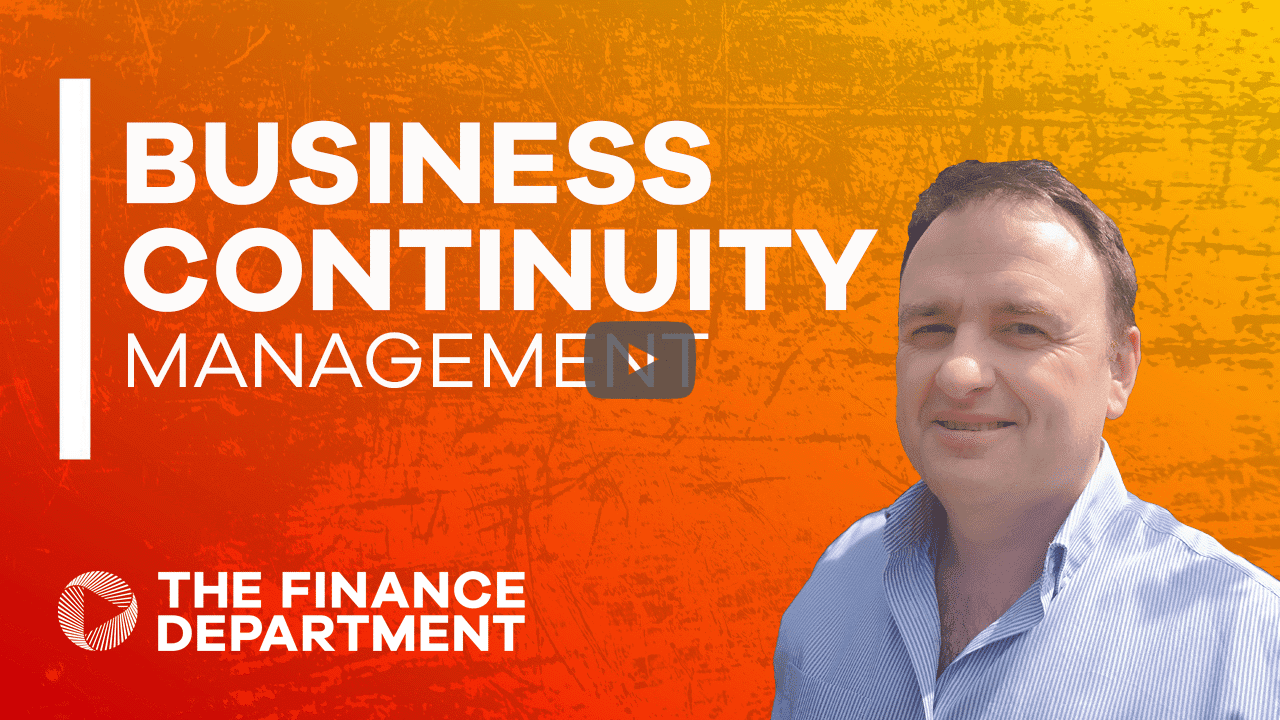Join today and start learning
TFD is the learning platform built for finance professionals.
This content is available as part of our bitesized video series.
Watch this video today by joining our free community.
Video : Accounting Systems – The Simple Tools You Can Use To Become Your Own Accountant
Accounting Systems- The Simple Tools You Can Use To Become Your Own Accountant
Let’s get started the accounting system.
Obviously the most important, and the absolute foundation of that Finance Tech stack. Today’s tools are not only simple to use, they also remove a lot of the friction from the accounting function, that enable anyone to really become the accountant for their own business.
These tools are also natively cloud-based, which means that you can work and access them from anywhere in the world
and also allows you to build a distributed finance team. You can have people working on that accounting system based anywhere in the world. The tools today are also very open and application-based. So that interface with the number of other applications that really just allows the easy transfer of data between different systems, and reduce a lot of the manual work that used to be needed to capture transactions that were present in other systems.
The most popular and the ones that I also have used myself, Xero and QuickBooks Online.
Great tools, really, really agile. Just what you’d expect from a really nice small, but still very, very functional tool.
There are also a number of competitors options, like Sage. Sage have a really nice small tool.
There is Freshbooks, there’s Wave, but I’m also personal user of Embar, there is Zoho Books and probably number of others if you do your research.
Personally, if you really not looking to do anything to try and guess too hard about it, I would go for Xero, it is a great tool, is very well recognized, and allows a lot of functionality out of the core accounting requirements.
If your business is already a little bit bigger, or has scaled to a point where is additional complexity, then you’re going to need to look for a second tier accounting system, one that you may have outgrown, some of the smaller tools and I’ve also personally used a couple of these.
Sage, again, have some good mid-tier solutions, Oracle Netsuite is a great mid-tier solution, and I’ve also used Gravity which is built on the Microsoft Powersuite.
These tools are best for when you have a slightly more complex group structure where you may use multiple currencies, or you work in a distributed environment, like, multiple warehouses multiple locations.
Anything of that nature would probably point you towards one of these second-tier tools.
Brian is a seasoned finance expert who has experience spanning both the corporate world as a SVP in various finance and sales roles, as well as the consulting space, helping a variety of business to grow and prosper.
Video: Accounting Systems – The Simple Tools You Can Use To Become Your Own Accountant
Accounting Systems- The Simple Tools You Can Use To Become Your Own Accountant
Let’s get started the accounting system.
Obviously the most important, and the absolute foundation of that Finance Tech stack. Today’s tools are not only simple to use, they also remove a lot of the friction from the accounting function, that enable anyone to really become the accountant for their own business.
These tools are also natively cloud-based, which means that you can work and access them from anywhere in the world
and also allows you to build a distributed finance team. You can have people working on that accounting system based anywhere in the world. The tools today are also very open and application-based. So that interface with the number of other applications that really just allows the easy transfer of data between different systems, and reduce a lot of the manual work that used to be needed to capture transactions that were present in other systems.
The most popular and the ones that I also have used myself, Xero and QuickBooks Online.
Great tools, really, really agile. Just what you’d expect from a really nice small, but still very, very functional tool.
There are also a number of competitors options, like Sage. Sage have a really nice small tool.
There is Freshbooks, there’s Wave, but I’m also personal user of Embar, there is Zoho Books and probably number of others if you do your research.
Personally, if you really not looking to do anything to try and guess too hard about it, I would go for Xero, it is a great tool, is very well recognized, and allows a lot of functionality out of the core accounting requirements.
If your business is already a little bit bigger, or has scaled to a point where is additional complexity, then you’re going to need to look for a second tier accounting system, one that you may have outgrown, some of the smaller tools and I’ve also personally used a couple of these.
Sage, again, have some good mid-tier solutions, Oracle Netsuite is a great mid-tier solution, and I’ve also used Gravity which is built on the Microsoft Powersuite.
These tools are best for when you have a slightly more complex group structure where you may use multiple currencies, or you work in a distributed environment, like, multiple warehouses multiple locations.
Anything of that nature would probably point you towards one of these second-tier tools.
Brian is a seasoned finance expert who has experience spanning both the corporate world as a SVP in various finance and sales roles, as well as the consulting space, helping a variety of business to grow and prosper.










